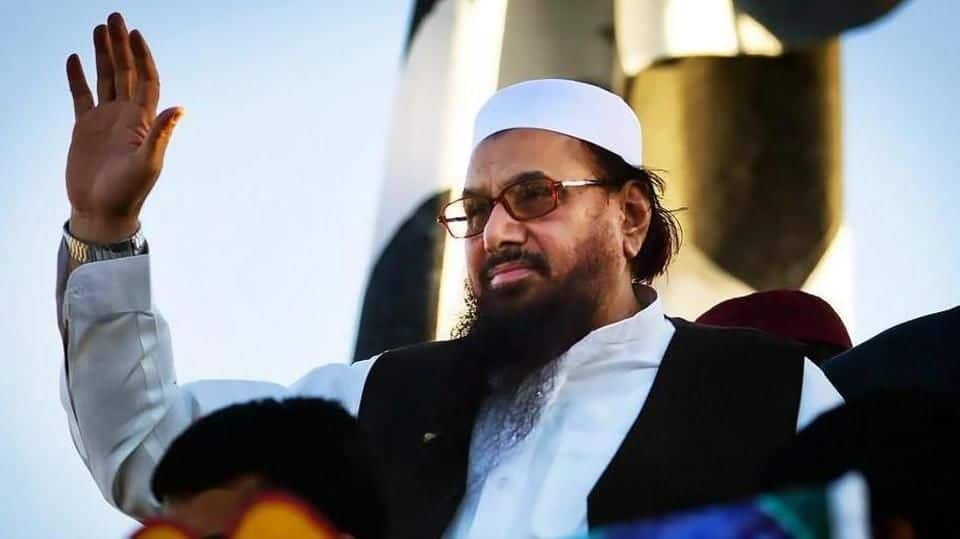
26/11-mastermind Hafiz Saeed to contest Pakistan General Elections next year
What's the story
26/11 mastermind Hafiz Saeed, a UN-designated terrorist, has grand plans for 2018: he has announced he is going to contest the Pakistan general elections. Just days ago, he was under house arrest.
Saifullah Khalid, party president of Jamaat-ud-Dawa's (JuD) Milli Muslim League (MML), says he wants to make Pakistan a "real Islamic and welfare state".
Here's more about the global terrorist's political journey.
Entry
JuD's entry into and rise in politics
Saeed's JuD, touted as a front for the Lashkar-e-Taiba, formed the MML in August to "get (their) message to the grassroots".
Interestingly, the Election Commission hasn't recognized it yet.
Though the JuD has always denied being a front for the LeT, security analyst Ayesha Siddiqa says the birth of the MML indicates the need of JuD to "hide itself further so to avoid criticism".
Rise
Islamist parties are backed by the military
In recent times, Islamist parties like MML and Tehreek Labaik Ya Rasool Allah have witnessed a growth.
Despite non-recognition, MML candidates Yaqoob Sheikh and Liaqat Khan contested by-elections in Lahore and Peshawar and diverted votes from the ruling PML-N.
These groups are backed by the military, which terms it a containment-policy for terrorists. However, many say their purpose is to dethrone the civilian government.
Status
What has Saeed been doing after his release?
Saeed, who recently petitioned the UN to remove his name from the designated terrorists' list, still hasn't disclosed which constituency he would contest from.
In his first address after release, he blamed India and US for his detention. "I pray to God to help...JuD that we can play a role in Pakistan and Kashmir's independence."
Post his release, the US threatened Pakistan with "repercussions".
Implications
What could Saeed's plans mean for India?
The rise of such Islamist parties signal a weakening of the civilian government in Pakistan, which has maintained the LeT is a "liability" they're struggling to remove.
Saeed's entry into politics also signals a mainstreaming of jihadists in Pakistan.
If such parties and candidates, which have openly fought for Kashmir's "independence", get into the Parliament, efforts at improving relations with India might be hit.